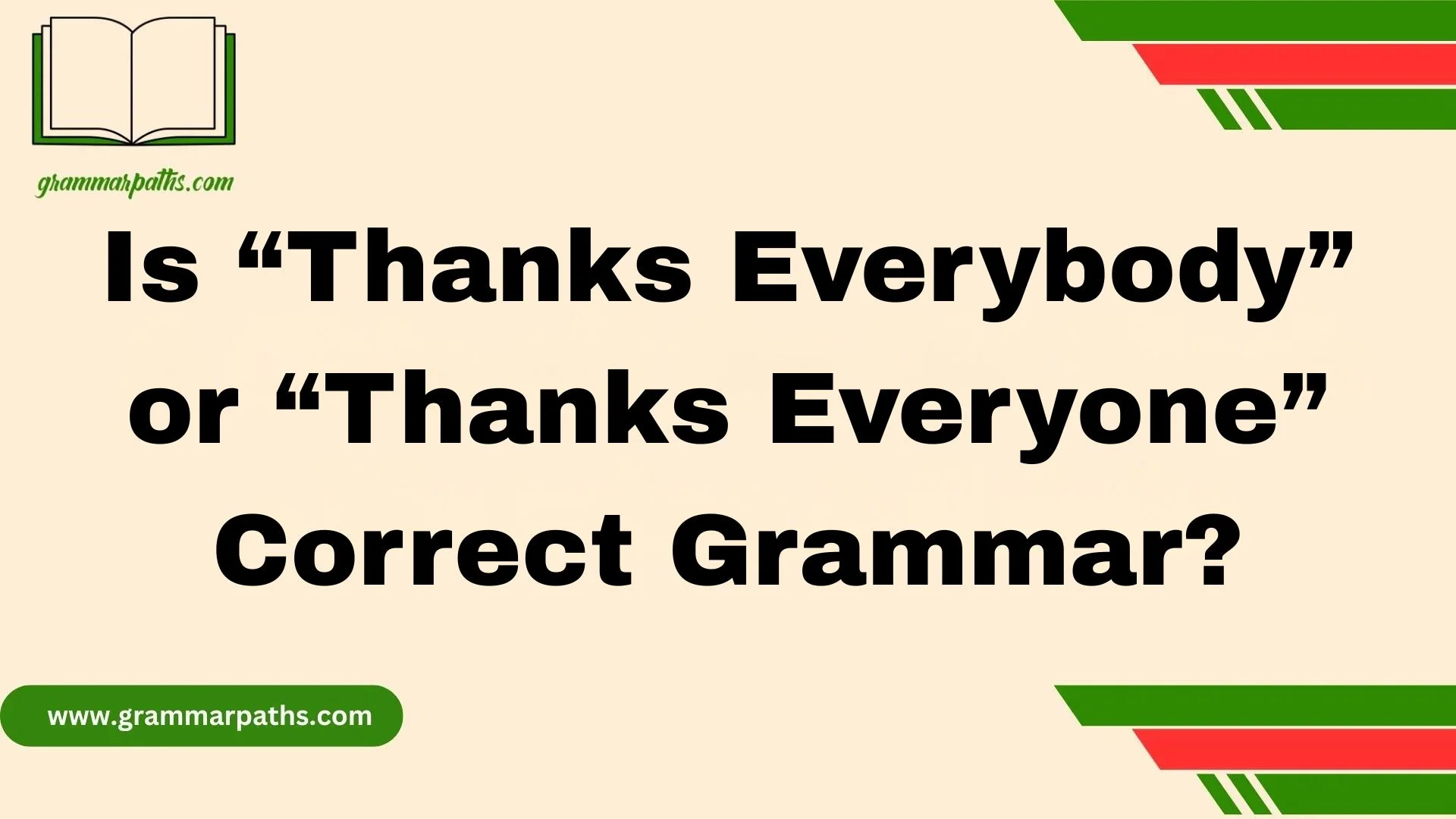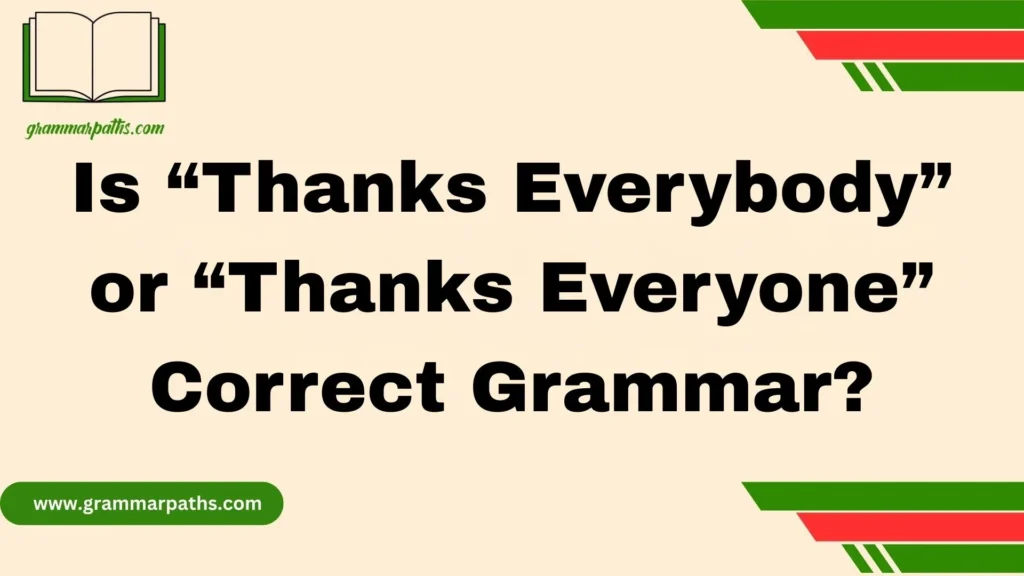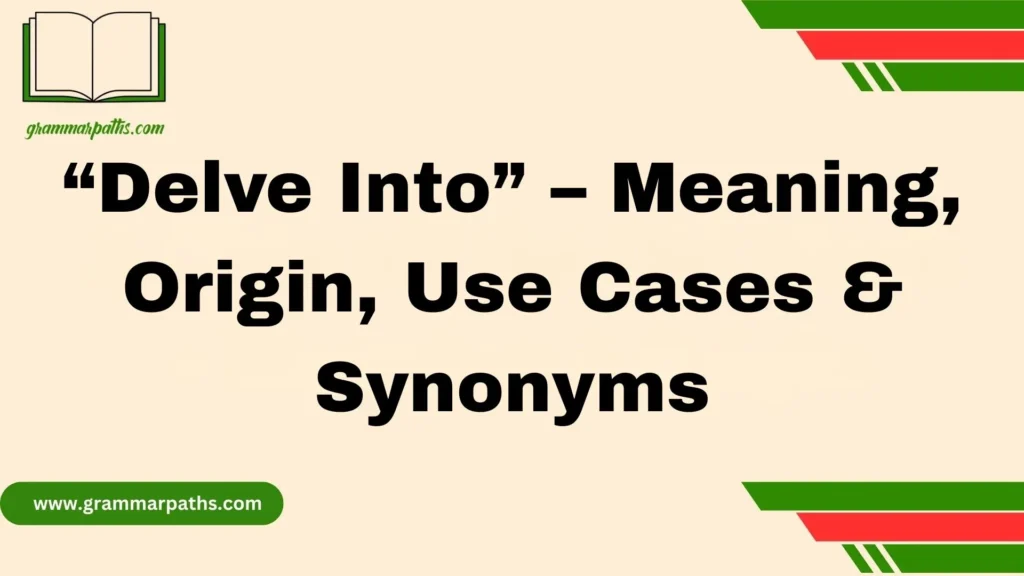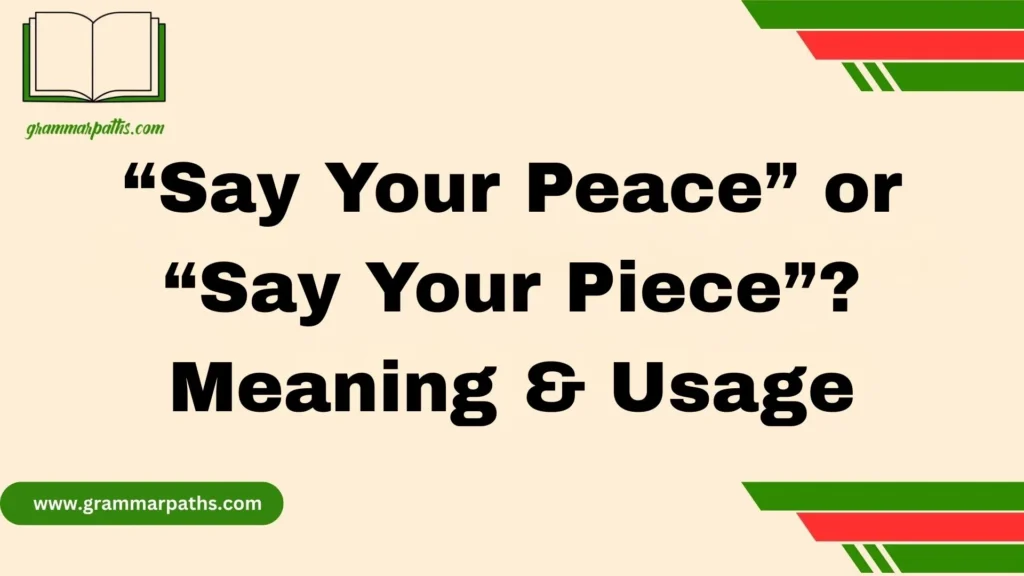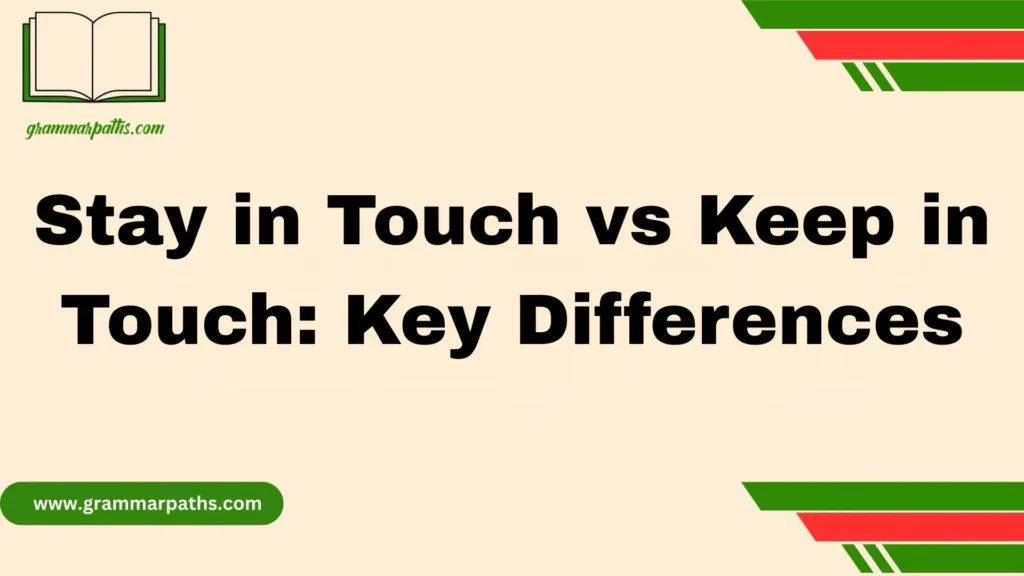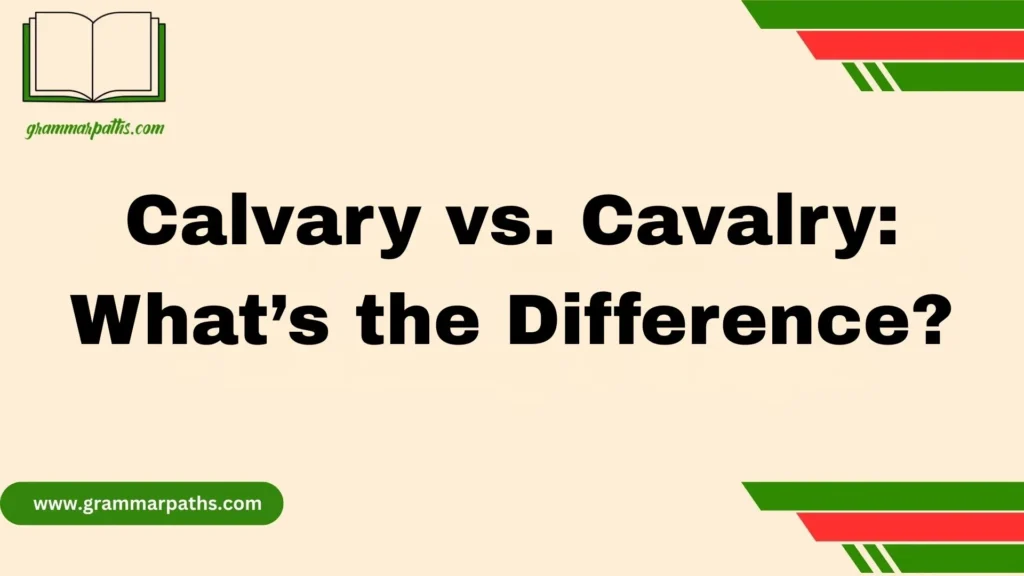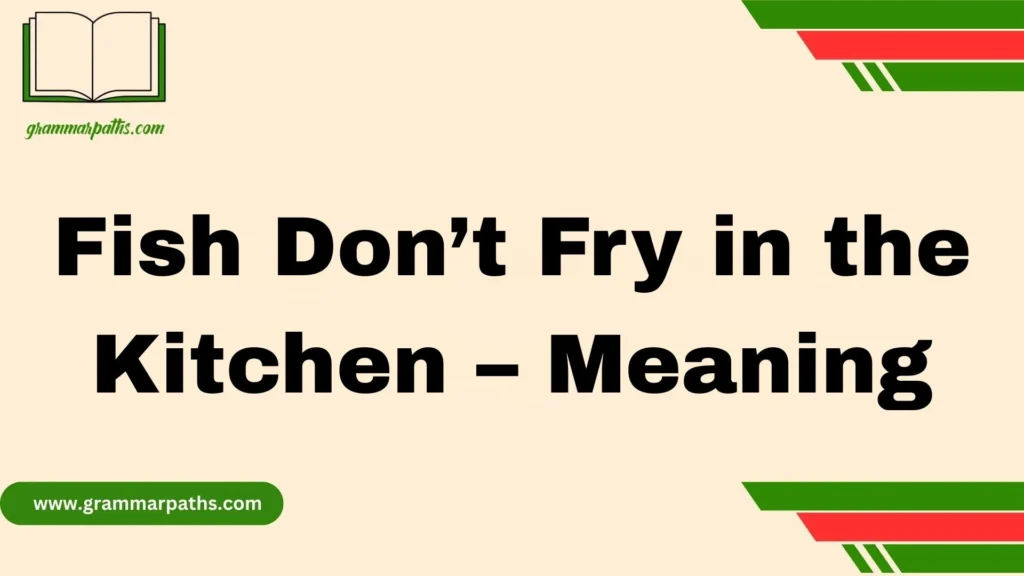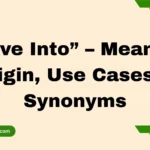In many group settings—whether you’re speaking at business presentations or writing thank‑you emails—you may wonder: Is “Thanks Everybody” or “Thanks Everyone” Correct Grammar? The answer lies in understanding tone, formality, and the difference between each phrase. “Thanks, Everybody” feels laid-back and friendly, perfect for relaxed environments or casual settings. Meanwhile, “Thanks, Everyone” is slightly more refined and works well in semi-formal situations, where professionalism and clarity matter more.
Through my own experience, choosing between these expressions depends on the context and how you want your message to be received. These subtle shifts in wording may seem minor, but they reflect deeper language norms. Mastering this kind of usage not only builds confidence but also helps your words resonate with diverse audiences. As native speakers often do this consciously, being aware of your choices makes your communication more effective, more precise, and grammatically correct.
Are “Thanks Everybody” and “Thanks Everyone” Grammatically Correct?
Yes—both are completely correct in standard English grammar.
Why?
Because “everybody” and “everyone” are indefinite pronouns. They both refer to all people in a group. Even though they sound plural, they’re technically singular pronouns.
Here are examples of both used correctly:
- Thanks everybody for coming to the reunion.
- Thanks everyone for your help on the project.
There’s no grammar rule that says one is wrong. But grammar is just the beginning—tone and setting matter too.
What’s the Difference Between “Everybody” and “Everyone”?
Although they’re interchangeable in most situations, “everybody” is more casual, while “everyone” sounds a little more formal.
Here’s a simple breakdown:
| Term | Part of Speech | Tone | Common Use |
| Everybody | Indefinite pronoun | Friendly | Informal speech, casual texts |
| Everyone | Indefinite pronoun | Polished | Business, writing, formal settings |
Example Sentences:
- Thanks everybody for the great time! (feels laid-back)
- Thanks everyone for attending today’s meeting. (feels polished)
Quick Tip: Both mean the same thing—choose based on the tone you want to set.
Formality & Tone: When to Use Each Phrase
Let’s look at how these two phrases work across different types of conversations:
| Setting | Better Choice | Reason |
| Professional email | Thanks everyone | More refined and neutral |
| Social media post | Thanks everybody | Feels warm and personal |
| Public speech | Thanks everyone | Maintains formality and structure |
| Birthday party toast | Thanks everybody | Casual, inviting tone |
| Class presentation | Thanks everyone | Academic tone is slightly more formal |
“Thanks Everyone” in Professional Settings
In formal settings like the workplace, “Thanks everyone” is almost always the safer, more polished choice. It fits well in:
- Work emails
- Public speaking
- Client communications
- Team briefings
Example:
Thanks everyone for contributing your insights to this week’s strategy meeting. The progress is clear and appreciated.
Using “everybody” here might make the message sound too relaxed, which isn’t ideal in a business setting.
“Thanks Everybody” in Casual Conversations
On the other hand, if you’re at a family reunion, casual dinner, or social event, “Thanks everybody” feels more natural and heartfelt.
Example:
Thanks everybody for coming! It means a lot to have you all here tonight.
It’s the kind of phrase you might hear during:
- Birthday parties
- Friend get-togethers
- Livestreams or Instagram stories
- Game nights or BBQs
The word “everybody” carries an inclusive, personal vibe that’s perfect for relaxed environments.
Cultural Trends: Which Phrase Do People Use More?
Both “everybody” and “everyone” are used across the U.S., but some subtle trends are worth noting:
- Younger generations (under 35) often lean toward “everybody” in speech and social media.
- Corporate settings and academic environments favor “everyone.”
- Social platforms (TikTok, Instagram, YouTube) show a strong use of “everybody” because it feels more personal.
Interesting Note:
Google Ngram Viewer shows “everyone” appears slightly more often in formal writing, while speech transcripts and comment sections often feature “everybody.”
Politeness and Etiquette in American English
In American culture, gratitude is expected—but the tone you choose can signal sincerity, professionalism, or warmth.
So which phrase sounds more polite?
- “Thanks everyone” feels polished and respectful.
- “Thanks everybody” feels friendly and genuine.
Neither is impolite. The difference lies in how close you are to your audience.
If you’re speaking to strangers or colleagues, “everyone” usually works better. If you’re addressing friends, fans, or people you know well, “everybody” feels more natural.
Alternative Ways to Thank a Group
Want to mix things up or sound more original? Here are some variations, along with how and when to use them:
| Phrase | Best For | Tone |
| Thank you all | Formal, neutral | Professional |
| Much appreciated, everyone | Email, polite sign-off | Courteous |
| Cheers, everybody! | Social posts, events | Friendly |
| Thanks to all of you | Speeches, heartfelt thanks | Sincere |
| Big thanks, everyone | Online, casual-professional | Approachable |
Use different expressions to avoid sounding repetitive—especially in writing.
Common Mistakes to Avoid
Even though both “thanks everybody” and “thanks everyone” are correct, it’s easy to make small errors in grammar or tone.
Here are a few to watch for:
- Thanks, everybody who came today.
Better: Thanks to everybody who came today. - Thanks everyone, who helped out.
Better: Thanks everyone who helped out. - Avoid random commas in the middle of short expressions.
- Don’t combine both unless it’s deliberate (e.g., for emphasis):
Thanks everybody—yes, everyone!
Quick Reference Table
Here’s a summary to help you choose the right phrase:
| Context | Recommended Phrase | Formality Level | Example |
| Work Email | Thanks everyone | High | Thanks everyone for staying on schedule. |
| Family Gathering | Thanks everybody | Low | Thanks everybody for the birthday wishes! |
| Classroom Presentation | Thanks everyone | Medium | Thanks everyone for listening. |
| Instagram/Facebook Post | Thanks everybody | Low | Thanks everybody for following me! |
| Toast or Public Shoutout | Thank you all | Medium | Thank you all for being part of this journey. |
Conclusion
Choosing between “Thanks, Everybody” and “Thanks, Everyone” might seem like a small thing, but it shapes how your message sounds to your audience. Whether you’re speaking to a group in a relaxed or semi-formal setting, these phrases help you match the right tone, clarity, and formality.
With a bit of awareness and mastering of these language norms, you’ll gain more confidence in your everyday writing and speaking. Both versions are grammatically correct, so it all comes down to what feels right for the context you’re in.
FAQs
1. Is “Thanks Everybody” or “Thanks Everyone” more formal?
“Thanks, Everyone” is generally considered more refined and fits semi-formal or business situations. “Thanks, Everybody” feels more friendly and is better for relaxed or casual moments.
2. Are both “Thanks Everybody” and “Thanks Everyone” grammatically correct?
Yes, both are grammatically correct. There’s no error in using either; the choice depends on your tone, setting, and audience.
3. Can I use “Thanks Everyone” in an email?
Absolutely! Especially in thank-you emails after presentations or group work. It’s polite, clear, and suitable for both formal and casual emails.
4. Do native speakers notice the difference?
Most native speakers might not consciously think about the difference, but they do respond to the tone you set. Subtle shifts in wording can make your message sound warmer or more polished.
5. Which is better for group chats or team meetings?
In group chats or informal team meetings, “Thanks, Everybody” fits well. It’s laid-back, warm, and easygoing—ideal for a friendly tone.

Grace Marie is the dedicated writer behind GrammarPaths.com, where she shares her passion for English grammar, idioms, and writing mastery. With a strong background in language studies and years of experience helping learners improve their communication skills, Grace creates clear, practical, and engaging content that makes English easy to understand.
